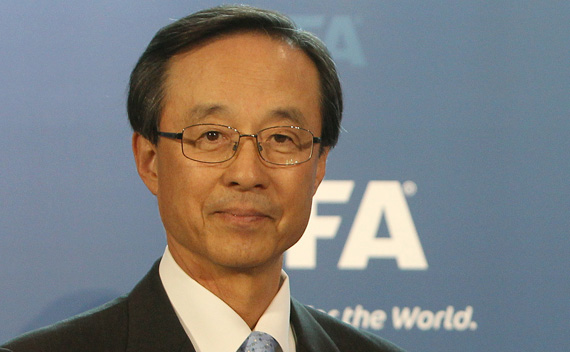State of the U.S.-ROK Alliance
More on:

In anticipation of South Korean president Lee Myung-bak’s state visit this week, I asked former South Korean foreign minister and ambassador to the United States Han Sung-Joo to provide an assessment of the U.S.-ROK alliance, including future prospects and challenges. In his essay, which can be found here, he addresses the ever-present challenge of coordinating policies toward North Korea, the need to sustain current high levels of public support for the alliance in both countries, tensions that may arise as a result of fiscal constraint, and the geopolitical challenge of dealing with China’s rise. Although the ratification of the KORUS-FTA will be advertised as the primary achievement of this week’s summit, the two presidents would do well to address these issues going forward to ensure that it can indeed act as a security “lynchpin” for the United States, South Korea, and the Asia-Pacific region.
More on:
 Online Store
Online Store